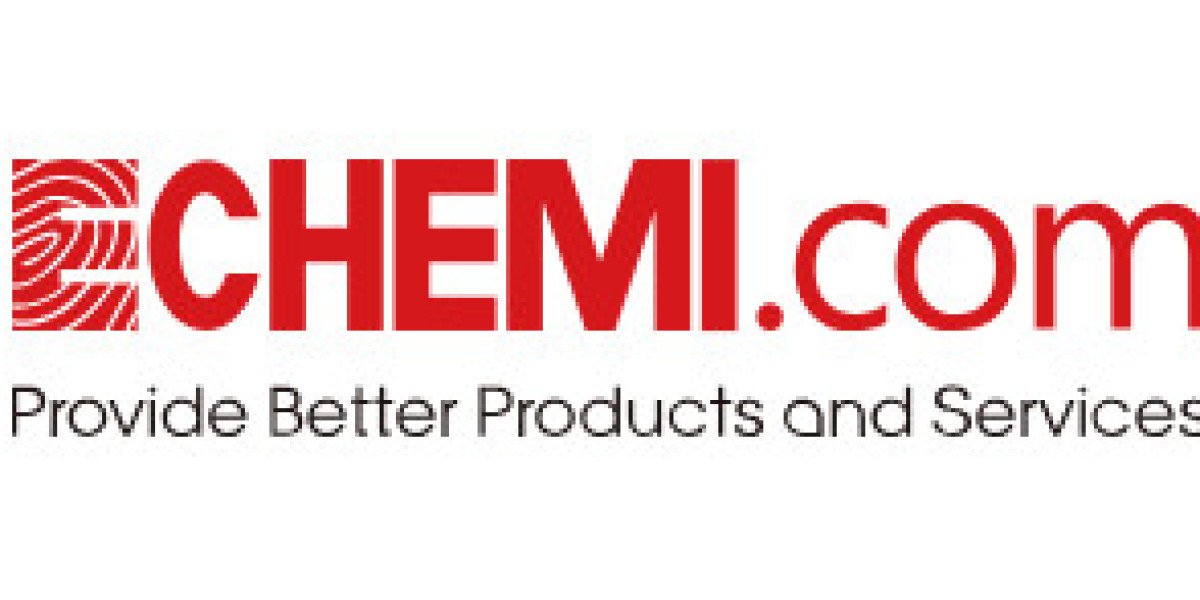Chemical manufacturing companies are increasingly embracing industrial automation to enhance operational efficiency, productivity, and safety across their production processes. Automation technologies play a crucial role in streamlining operations, improving product quality, and meeting the evolving demands of the chemical industry.
One significant benefit of industrial automation for chemical manufacturing companies is the optimization of production processes. Automated systems enable precise control over various stages of manufacturing, from raw material handling and mixing to reaction monitoring and product packaging. By reducing manual intervention and human error, automation enhances process consistency and reliability, leading to higher product quality and yield.
Safety is a paramount concern in the chemical industry, and industrial automation helps companies mitigate risks by minimizing human exposure to hazardous environments and substances. Automated systems can handle potentially dangerous tasks with precision and accuracy, reducing the likelihood of accidents and ensuring compliance with stringent safety regulations. Remote monitoring and control capabilities further enhance safety by allowing operators to oversee operations from a distance.
Moreover, industrial automation enables chemical manufacturing companies to improve resource utilization and energy efficiency. By optimizing production schedules, monitoring energy consumption, and implementing smart control systems, companies can reduce waste, minimize downtime, and lower operating costs. Automation also facilitates predictive maintenance, allowing companies to preemptively address equipment issues and prevent costly disruptions.
Integration of data analytics and artificial intelligence with industrial automation is another area of growth for chemical manufacturing companies. By harnessing real-time data insights and predictive analytics, companies can optimize production processes, forecast demand more accurately, and identify opportunities for continuous improvement. This data-driven approach enhances decision-making, enables proactive maintenance, and supports overall operational excellence.
In conclusion, the adoption of industrial automation by chemical manufacturing companies is driving innovation, efficiency, and competitiveness in the industry. By leveraging automation technologies to optimize processes, enhance safety, and maximize resource efficiency, companies are poised to meet the challenges of a rapidly evolving market landscape while positioning themselves for sustainable growth and success in the future of chemical manufacturing.








